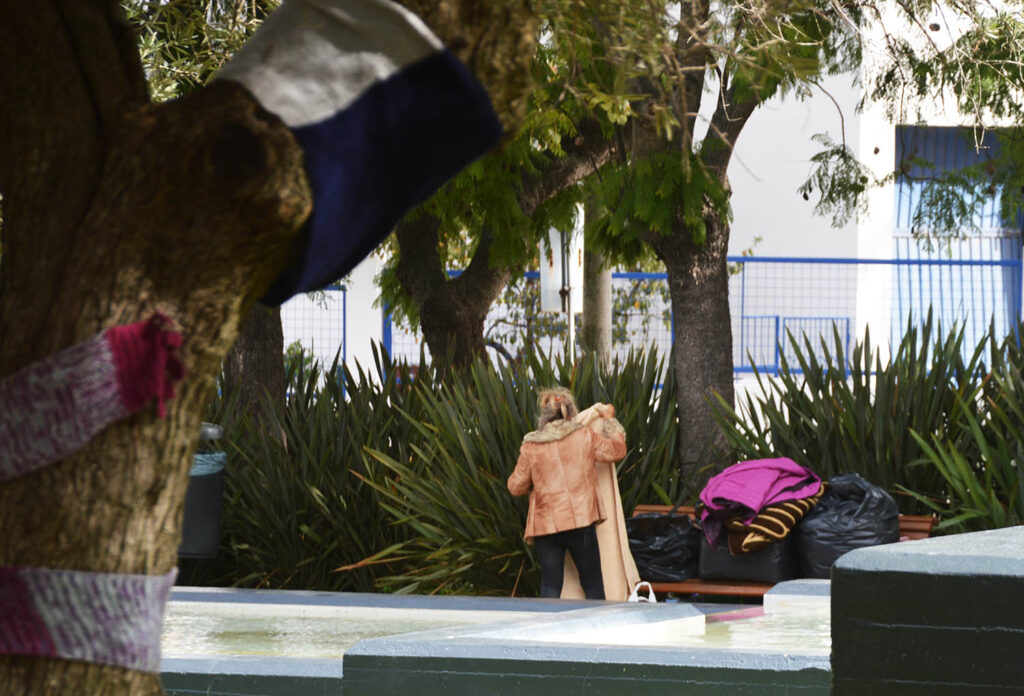The Algarve 2030 Regional Program has a competition notice underway that aims to support the strengthening of structures that, in the region, promote the integration of homeless people.
This is an initiative promoted by European institutions, the Portuguese Government, social partners and civil society, who have committed to working together to combat homelessness in the European Union and in Portugal.
In this sense, a European Platform to Combat Homelessness was launched and, at national level, a National Strategy for the Integration of Homeless People (ENIPSSA) was outlined, led by an Executive Structure.
In a note, CCDR Algarve highlights that «homelessness is considered one of the most serious forms of poverty and deprivation that must be abolished by specific and integrated policies».
«In addition to becoming a priority of European social policy, support for homeless people has been one of the flagships of the Presidency of the Republic and the Portuguese Government, through the Ministry of Labour, Solidarity and Social Security», he continues the CCDR.
In the Algarve, in addition to innovative responses such as Housing First or shared apartments, the Social Emergency Accommodation Center (CAES) stands out, created by the AIDS Problem Support Movement (MAPS), in Patacão (Faro).
Also making progress in combating the problem, the LEGOS project, a partnership presented by institutions in the region, with the support of Municipalities and their respective Local Centers for the Integration of Homeless People (NPISA), constitutes an innovative development approach social and promoting local active inclusion strategies, making the Algarve an important reference in the goal established by the national strategy (LEGOS Project Video).
In the Algarve 2030 Regional Program, support for homeless people has an indicative allocation that doubles the values of the previous programming framework. Early interventions and closer monitoring are intended, complemented by access to housing, ensuring better results in terms of social reintegration of this vulnerable population.
The Program provides support for integrated, territorial-based projects responding to homeless people, which promote monitoring responses, housing support and occupational actions that promote employability and (re)insertion into the job market.
The objective is to “reduce by 80% the number of people flagged as homeless without a case manager, increasing their insertion into the labor market by at least 30%”.
The deadline for applying for the current Notice ends on December 14th.
To compete and find out more, you can consult the notices here or Funds Counter.



















Comments